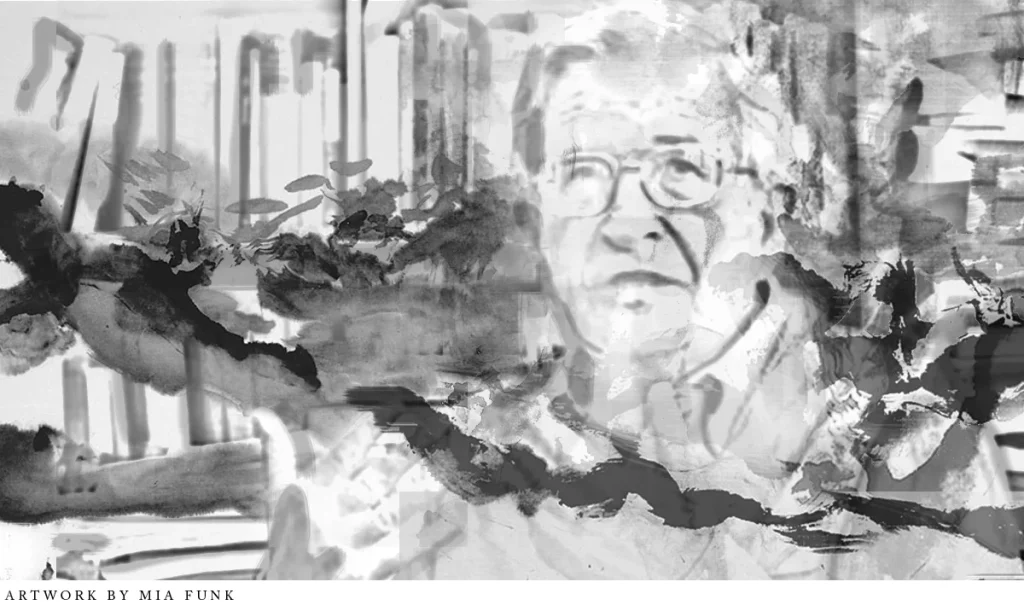Avram Noam Chomsky (born December 7, 1928) is an American professor and public intellectual known for his work in linguistics, political activism, and social criticism. He is known as “the father of modern linguistics,” and is also a central figure in analytic philosophy and one of the founders of cognitive science. Despite the core of his work is linguistics, his work in the past decades has contributed shaping debates about mind, meaning, and the nature of creativity across the humanities and social sciences.
Chomsky’s linguistic revolution in the mid-twentieth century not only reshaped the study of language but also redefined how we understand creativity. From Syntactic Structures (1957) to Aspects of the Theory of Syntax (1965), Chomsky argued that humans possess an innate “generative grammar”, i. e. a mental system of rules that allows an infinite number of novel and meaningful sentences to be produced from a finite vocabulary. This, he suggested, reveals the essence of human creativity: the ability to generate new expressions and ideas within a structured but open system.
Chomsky’s conception of creativity, as Fred D’Agostino explores in Chomsky on Creativity (1986), goes far beyond linguistics. D’Agostino emphasizes that for Chomsky, creativity is not a specialized talent limited to artists or writers, but a defining feature of all human cognition. Every act of speaking, thinking, or composing a sentence manifest what D’Agostino calls “rule-governed innovation”—the interplay between constraint and freedom that enables novelty. This framework challenges both behaviourist models, which reduce language to repetition and conditioning, and romantic notions of genius as pure spontaneity. Instead, Chomsky locates creativity within universal cognitive structures shared by all human beings.
For literary studies, this theory carries rich implications. If linguistic creativity is inherent to all humans, then the writer’s imagination can be viewed not as a mysterious gift but as an intensified form of an everyday mental capacity. The poet’s manipulation of syntax, the novelist’s invention of worlds, and the critic’s reinterpretation of texts all express the same generative impulse that underlies language itself. As D’Agostino notes, Chomsky’s theory restores to creativity a kind of rational dignity—it becomes both spontaneous and intelligible, bound by rules yet endlessly productive.
Although Chomsky himself has rarely engaged directly with literary theory, his influence endures across disciplines. His claim that creativity is innate and universal reframes long-standing debates about authorship, originality, and interpretation. Literature, seen through a Chomskyan lens, becomes not merely an aesthetic practice but an exploration of the cognitive structures that make human expression possible.

